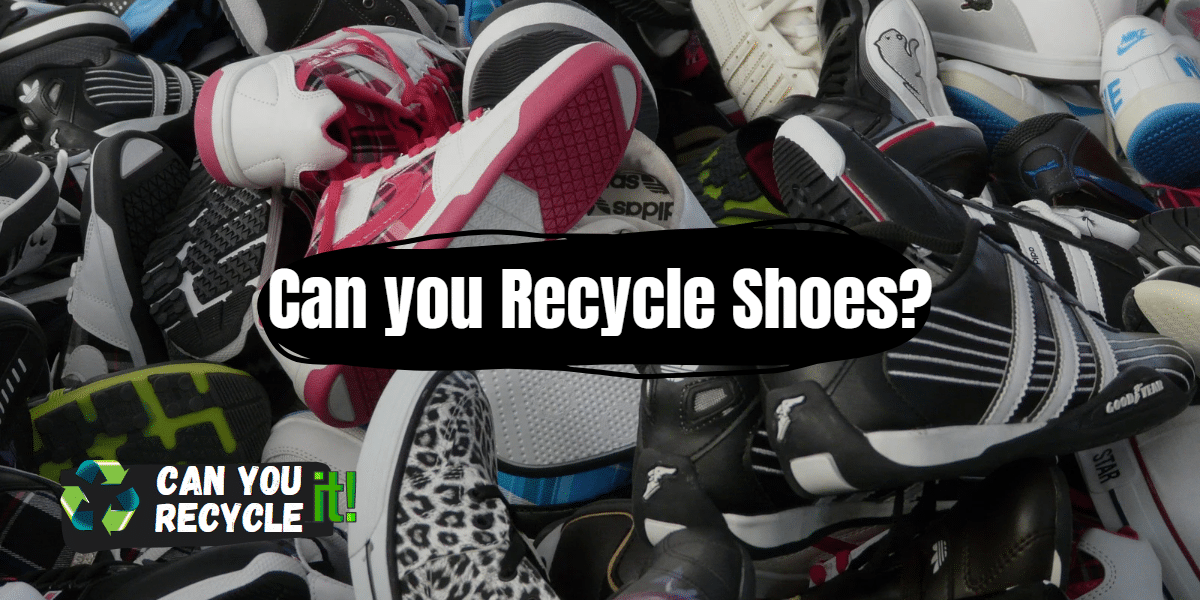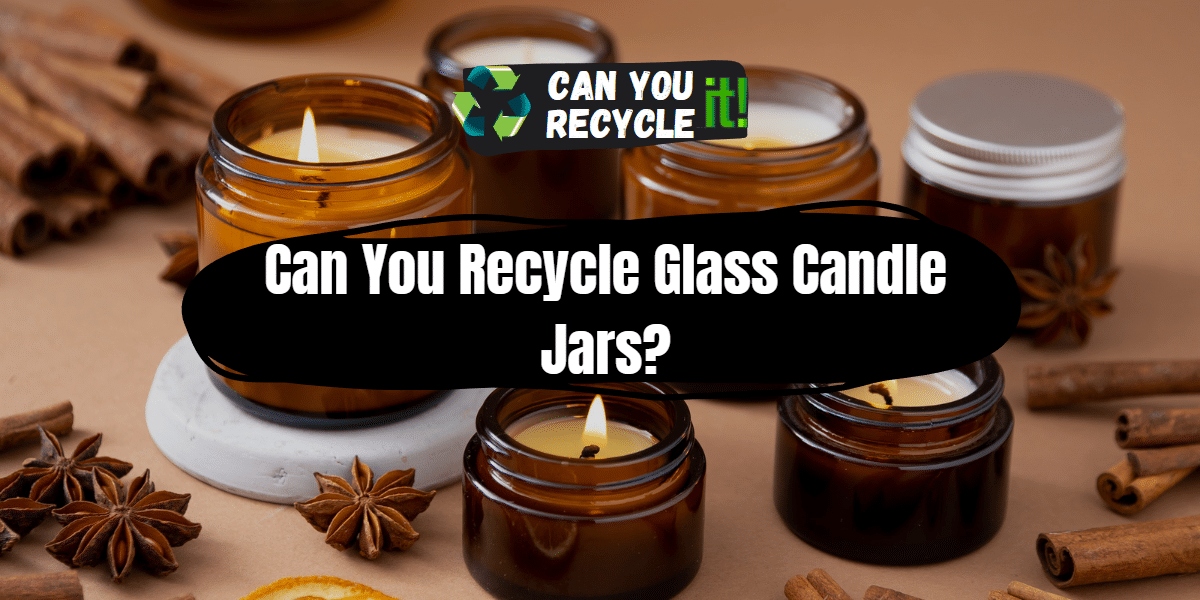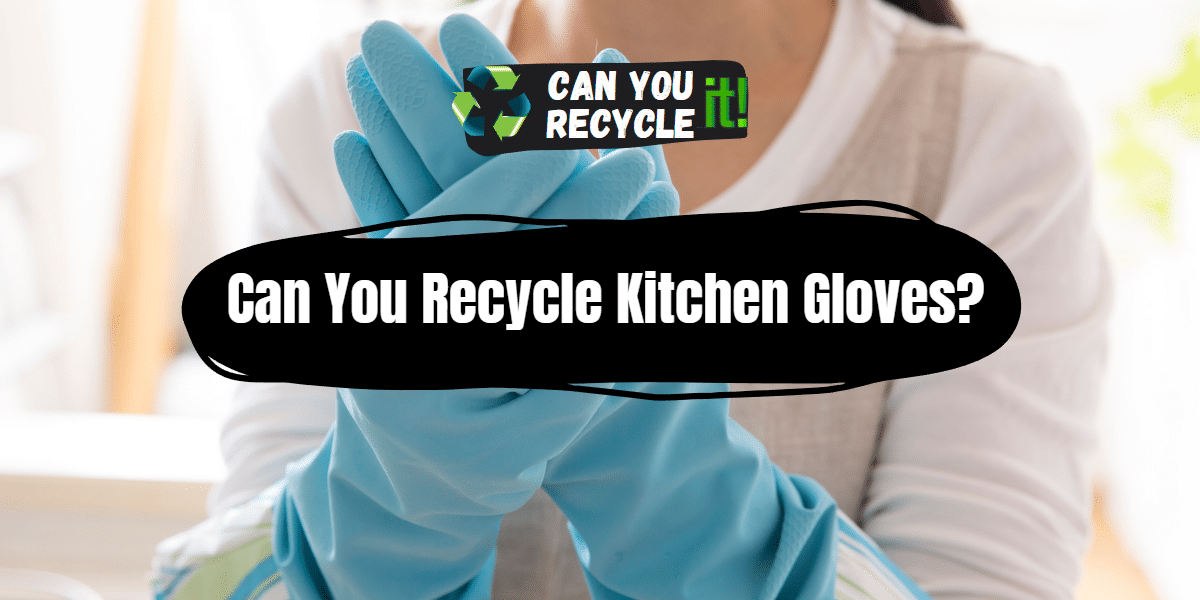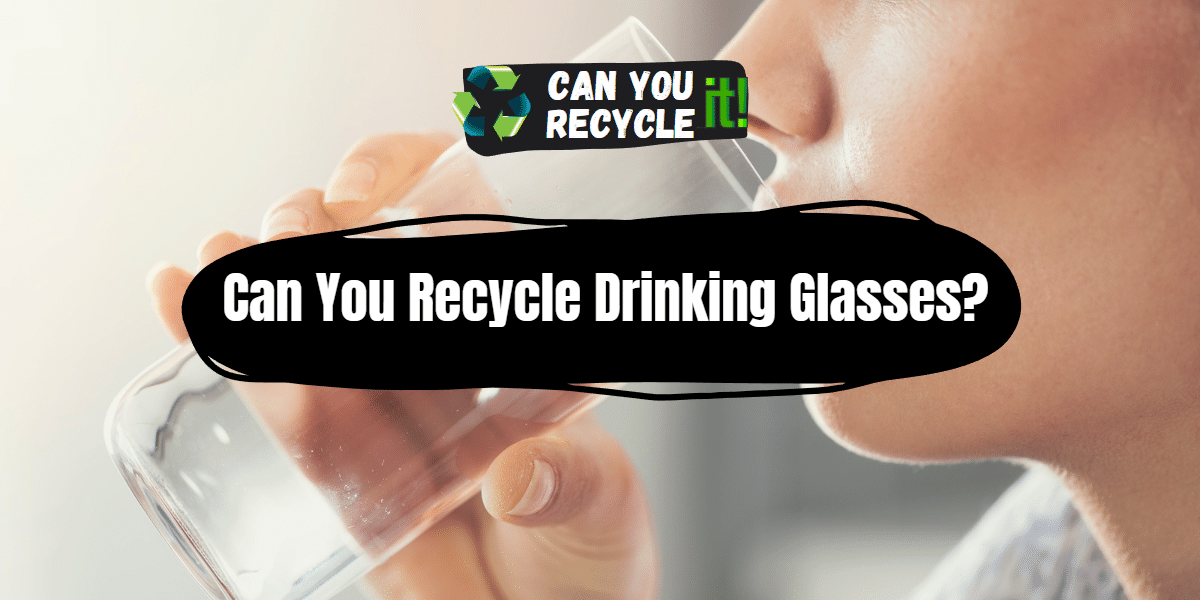Yes, you can recycle shoes, but it’s important to understand the limitations of recycling shoes.
Shoes are a common item in our daily lives, but have you ever stopped to think about what happens to them once they’ve reached the end of their useful life? Can you recycle shoes? In short, the answer is yes, but it’s not as simple as tossing them in your recycling bin. In this article, we’ll explore the dos and don’ts of recycling shoes and provide a step-by-step guide to help you recycle your shoes properly.
Shoes are made from a variety of materials, including leather, rubber, and plastic. These materials can be recycled, but not all recycling centers accept shoes. Some centers will accept only certain types of shoes, such as athletic shoes or work boots. It’s important to check with your local recycling center to find out what types of shoes they accept.
Table of Contents
Do’s and Don’ts
When it comes to recycling shoes, there are some dos and don’ts to keep in mind. Here are some tips to help you recycle your shoes properly:
Dos
- Donate gently used shoes to charity. Many organizations, such as Goodwill and the Salvation Army, accept shoes in good condition.
- Check with your local recycling center to see if they accept shoes for recycling.
- Consider donating old athletic shoes to Nike’s Reuse-A-Shoe program, which turns them into surfaces for playgrounds and athletic courts.
- Recycle shoes made of natural materials, such as leather or canvas.
- Look for shoe recycling programs that are run by shoe manufacturers or retailers.
Don’ts
- Toss shoes in the trash. Shoes take a long time to decompose in landfills and can release harmful chemicals into the environment.
- Put shoes in your curbside recycling bin unless your local recycling center explicitly states that they accept shoes.
- Don’t eat uncooked popcorn
- Donate shoes that are in poor condition or have holes, as they may not be accepted by charities.
5 Step Guide to Recycling Shoes
Here is a brief 5-step guide to recycling shoes.
Step 1
Clean your shoes. Before recycling your shoes, it’s important to clean them thoroughly. Remove any dirt, mud, or debris from the soles and uppers of your shoes.
Step 2
Determine the materials. Check the label or do some research to determine what materials your shoes are made of. This will help you decide where to recycle them.
Step 3
Find a recycling center. Check with your local recycling center to see if they accept shoes for recycling. If they do, follow their guidelines for preparing your shoes for recycling.
Step 4
Consider shoe recycling programs. Many shoe manufacturers and retailers have their own recycling programs. For example, Nike’s Reuse-A-Shoe program collects old athletic shoes and turns them into surfaces for playgrounds and athletic courts.
Step 5
Donate to charity. If your shoes are in good condition, consider donating them to a charity. Many organizations, such as Goodwill and the Salvation Army, accept shoes in good condition.
Tips for Extending Shoe Lifespan
Proper Cleaning and Maintenance
Taking care of your shoes through proper cleaning and maintenance can significantly extend their lifespan. Follow these tips to keep your shoes looking great:
Regular Cleaning
Make it a habit to clean your shoes regularly to remove dirt, stains, and debris. Use a soft brush or cloth to gently wipe away surface dirt. For tougher stains, consider using a mild soap or specialized shoe cleaner.
Proper Drying
After cleaning your shoes or if they get wet, allow them to dry naturally. Avoid using direct heat sources like heaters or hairdryers, as this can damage the materials. Stuffing them with newspaper can help absorb moisture and maintain their shape.
Shoe Storage
Store your shoes properly to prevent damage and deformation. Consider using shoe racks or shelves to keep them organized and prevent them from getting crushed. If possible, store them in a cool, dry place away from direct sunlight to prevent fading and deterioration.
Shoe Care Products

Using the right shoe care products can help protect and maintain the quality of your shoes. Consider the following:
Shoe Protection Sprays
Apply a protective spray to your shoes to create a barrier against dirt, moisture, and stains. Look for sprays specifically designed for the materials of your shoes, such as leather, suede, or fabric.
Leather Conditioners
For leather shoes, apply a leather conditioner periodically to keep the leather soft and prevent cracking. This helps maintain their appearance and durability over time.
Waterproofing Products
Invest in waterproofing products, especially for shoes that are regularly exposed to moisture. Waterproofing sprays or creams can help prevent water damage and extend the lifespan of your shoes.
Rotating Shoes
Rotating your shoes is an effective way to extend their lifespan. By alternating between different pairs, you give each pair time to rest and recover from wear. This reduces the frequency of use and prolongs the overall lifespan of your shoes.
Professional Repairs
When your shoes show signs of wear or minor damage, consider getting them professionally repaired. Cobbler services can fix worn-out soles, repair loose stitching, or replace damaged parts. This not only extends the lifespan of your shoes but also saves you money in the long run.
FAQs for Can you Recycle Shoes
Can I recycle all types of shoes?
Not all recycling centers accept all types of shoes. Check with your local recycling center to see what types of shoes they accept.
Can I put shoes in my curbside recycling bin?
It depends on your local recycling center. Some centers accept shoes in curbside recycling bins, but others do not. Check with your local recycling center to find out what their policy is.
What happens to recycled shoes?
The materials from recycled shoes can be used to make a variety of products, including playground surfaces, athletic courts, and new shoes.
Final Thoughts 💭
In conclusion, it is possible to recycle shoes, but it’s important to do so properly. Shoes take a long time to decompose in landfills and can release harmful chemicals into the environment, so it’s important to recycle them when possible. By following the dos and don’ts of shoe recycling and using our five-step guide, you can ensure that your shoes are recycled in the most environmentally friendly way possible.
Remember to check with your local recycling center to see what types of shoes they accept and to clean your shoes thoroughly before recycling them. Consider donating gently used shoes to charity or using shoe recycling programs offered by shoe manufacturers or retailers.
Recycling shoes may seem like a small step, but it can make a big difference in reducing our impact on the environment. So next time you’re ready to toss out an old pair of shoes, remember that they can be recycled and take the necessary steps to ensure they’re recycled properly.





Leave a Reply